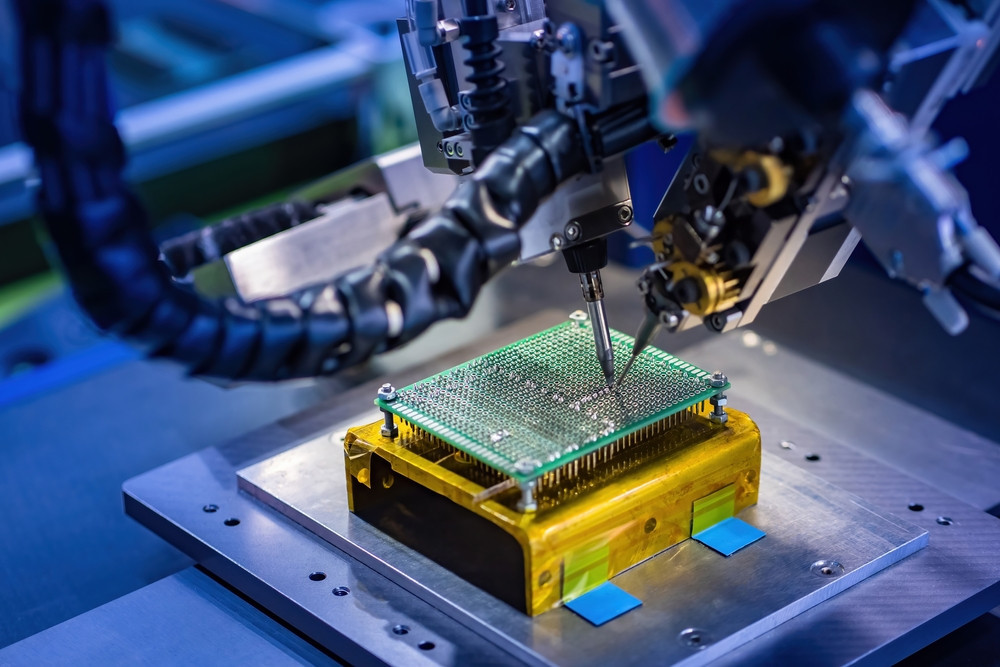Imagine a world where your phone, computer and all your electronic devices consume much less energy. That’s the challenge set by the Luxembourg Institute of Science and Technology (List) and computer processor giant Intel: Switchon aims to develop new materials for manufacturing more energy-efficient electronic components. The aim? To reduce the energy consumption of electronic devices by 90%.
Why is this so important? Artificial intelligence, which is increasingly integrated into our lives, consumes an astronomical amount of energy. If current trends continue, AI applications could consume as much energy as the entire world’s production by 2040.
To avoid this scenario, the Switchon project is focusing on materials known as “ferroelectrics.” These compounds have special properties that enable them to be used to design field-effect transistors, which are used extensively in modern electronics. For example, they can amplify signals in devices such as microphones, or act as electronic switches to control the power supply in computer and television circuits.
According to the List, optimum use of ferroelectric materials could significantly reduce the energy consumption of transistors and, consequently, that of electrical appliances. To understand how these elements work, the researchers will use quantum simulation methods. These advanced techniques will make it possible to study these compounds at an atomic level and thus identify areas for improvement. “Quantum simulation methods, as developed and applied by researchers at the List, are an essential tool in modern research into nanosciences and nanotechnologies, as they offer prospects that cannot be achieved experimentally at present,” explains Jorge Íñiguez-González, senior researcher at the List and project leader.
Intel, which produces nearly 10bn transistors per second, could benefit directly from the results of this project. “A 90% increase in the energy efficiency of transistor operation could lead to a substantial reduction in global energy consumption,” says the researcher.
The three-year project is co-financed by Intel, List and the FNR. “Energy-efficient and sustainable information technologies play a crucial role in the ongoing development of a digital society. These challenges must be met through innovative computing concepts based on controlling the properties of materials using electronic signals with very low energy consumption. We are delighted to see global companies such as Intel contributing their expertise to support such research efforts in Luxembourg,” concludes Bianca Rita Pistillo, List’s lead business development officer.
This article was originally published in .
